Destiny Pharma Reports Positive Phase 2b Results for XF-73 Nasal Gel

- Primary endpoint achieved with >99% nasal bacterial load reduction (p<0.0001)
- Excellent safety profile. No treatment related adverse events
Brighton, United Kingdom – 29th March 2021 – Destiny Pharma plc (AIM: DEST), a clinical stage biotechnology company focused on the development of novel products to prevent life-threatening infections, today announces positive top-line results from its Phase 2b clinical study testing its XF-73 nasal gel as a new product for the prevention of the incidence of post-surgical infections such as methicillin-resistant Staphylococcus aureus (MRSA). The primary efficacy endpoint was met with an exceptionally high statistical significance and there were no treatment related safety events.
Clinical Study Results Highlights:
- Met primary endpoint: XF-73 reduced the mean nasal burden of S. aureus in patients undergoing open heart surgery by 2.5 log (CFU/ml) in the 24 hours immediately before surgery in the micro-ITT (Intend to Treat) population, a statistically highly significant result, (p<0.0001). This equates to a 99.5% reduction in S. aureus bacterial nasal carriage which is a very effective reduction by accepted clinical measures.
- XF-73 showed 2.1 log, (>99%), greater reduction than placebo in the same patient population and this difference in reduction of nasal burden of S. aureus was statistically highly significant (p<0.0001) in both the micro-ITT and per protocol populations. The effect was maintained during surgery, considered the period when the risk for infections is the highest.
- Initial analysis of secondary endpoints shows a higher reduction of burden of nasal S. aureus in the XF-73 arm compared to placebo arm in the 24 hours before surgery, and this was also observed when the data was analysed by area under the curve (AUC) and percentage of patients reaching a specific log reduction.
- These positive results were achieved with just four doses of 0.2% (w/w) XF-73 nasal gel in the 24 hours before incision and the start of surgery.
- There were no treatment related adverse events.
- Full results will be published in due course in a peer reviewed journal.
There is a global need for better treatments such as XF-73 which has been awarded Qualifying Infectious Disease Product (QIDP) and Fast Track status by the US FDA. Destiny Pharma now plans to discuss possible Phase 3 clinical study designs with regulatory bodies including the US FDA. The Company believes that there is a significant commercial opportunity for XF-73 in the hospital setting which could generate peak annual product sales of up to $1 billion in the US alone.
Richard Proctor, MD, Professor Emeritus of Department of Medical Microbiology/Immunology and Department of Medicine at University of Wisconsin School of Medicine and Public Health, Madison, Wisconsin, USA, and member of the Company’s Scientific Advisory Board, said: “The completion of the Phase 2b clinical trial with XF-73 nasal gel is an important milestone in the fight against Staphylococcus aureus infections that occur in surgical patients. These infections can be reduced by decreasing the numbers of S. aureus in the nose prior to surgery. XF-73 nasal gel was very well tolerated and highly effective in clearing these organisms. This antibacterial drug has a new mechanism of action which appears to address bacterial resistance enabling widespread use, unlike antibiotics. This trial is an important step in the fight against this worldwide epidemic of antibiotic resistant S. aureus (including MRSA) as all attempts to date to develop a S. aureus vaccine have failed.”
Julie E. Mangino MD, FSHEA, FIDSA, Professor Emeritus at The Ohio State University College of Medicine and Chair of this Phase 2b Data Safety and Monitoring Committee, commented: “The rapid onset of XF-73’s nasal S. aureus decolonization shown in this Phase 2 study represents highly encouraging news for patients who are to undergo surgery and are at risk of post-operative staphylococcal infections as well as for hospitals working to prevent them.”
Neil Clark, Chief Executive Officer of Destiny Pharma, said: “We are delighted with these excellent results. We have delivered strong confirmation from this Phase 2b study of the potential of XF-73 to prevent post-surgical infections such as MRSA caused by the bacteria Staphylococcus aureus.
“There is a significant global commercial opportunity for XF-73 nasal gel to help prevent hospital infections and this excellent data supports the proposed target product profile for XF-73 as being a safe, fast, effective decolonising nasal gel that is cost efficient and easy to use in standard surgery protocols. Critically, XF-73’s rapid mechanism of action does not generate Antimicrobial Resistance (AMR) as demonstrated in peer reviewed publications and it can therefore help in the fight against superbugs.”
Destiny Pharma’s lead product XF-73 is being developed for the “prevention of post‑surgical staphylococcal infections”. These infections are predominantly caused by the bacterium Staphylococcus aureus (S. aureus). A third of the human population are carriers of S. aureus, typically in the nose, and are at a significantly higher risk of acquiring a post-surgical infection.
In the US there are no approved drugs for the prevention of post-surgical staphylococcal infections. The generic antibiotic mupirocin has been used to treat patients who carry the bacteria prior to surgery to reduce the risk of infection. However, the use of existing preventative treatments is severely limited by the existence, and fear of generating, drug resistant bacteria. In contrast, XF-73 has been shown not to generate drug resistant bacteria, and this superior bacterial resistance profile makes it ideally suited for widespread use for the prevention of post-surgical infections.
Full PR available here

